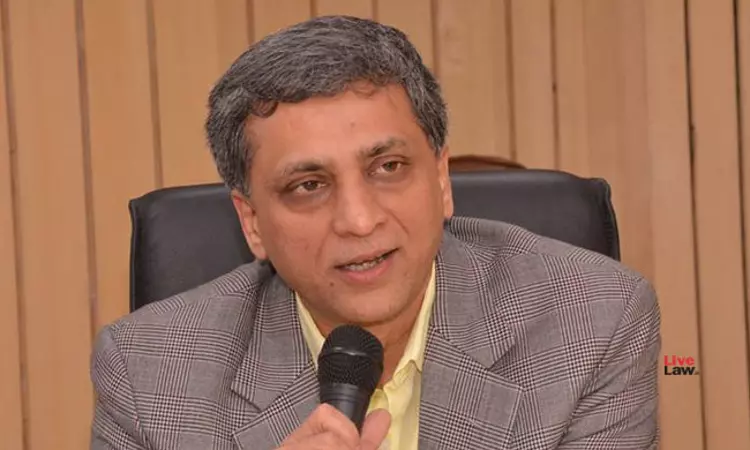Adopt The Same Approach Towards The New Land Acquisition Act That Has Made IBC Workable: Shyam Diwan Tells SC
Mehal Jain
21 Nov 2019 9:35 PM IST

Next Story
21 Nov 2019 9:35 PM IST
A Five Judge Constitution Bench headed by Justice Arun Mishra on Thursday continued the hearing the matters relating to the interpretation of Section 24 of the new Land Acquisition Act."The 2013 Act is a radical departure from the old scheme. It is a Welfare State law bringing in new entitlements which were missing in the old regime. The colonial law (the Act of 1894) was witnessing...
